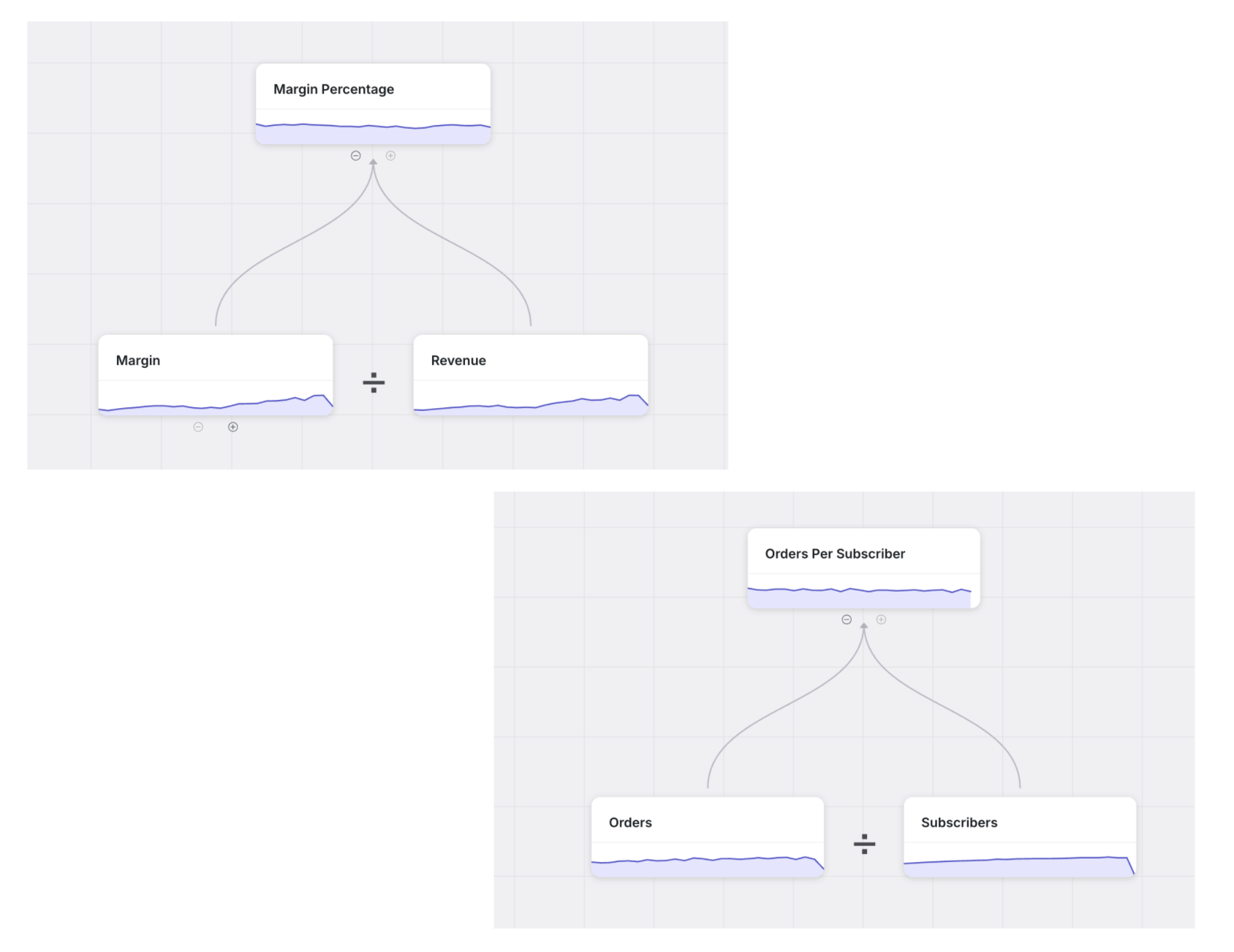It’s safe to declare that data is now a first class citizen. Companies and institutions believe in the power of measurement, of tracking metrics, understanding drivers and systemic connections, and acting to impact outcomes. It is one of the primary ways we understand and impact the world around us.
But, many data practitioners complain about a lack of agency - feeling like their job is to just deliver data over the fence with little visibility to how it actually impacts the organization. This is an ironical second order effect of data being elevated, becoming crucial to how we operate - where the data team gets squeezed into the role of a service center - applying ad-hoc logic, generating datasets, losing their agency, and unwittingly becoming a bottleneck.
This is like being a first class citizen with legal and procedural recognition but without the full cultural and collaborative influence that makes the group’s day to day interactions and functioning low friction and delightful, and the value they produce strikingly obvious and widely understood.
For data to truly be a first class citizen, we need to invest in thoughtful, reusable, composable modeling of the business logic over datasets, and most importantly shape the interfaces for “first class” workflows and learning cycles between the data team and the operators. That’s where the magic happens, the hypothesis development, the experimentation, the measurement, the slicing and dicing, the learning, the collaboration, and as a result - the feeling of agency and impact for both the data team and the operators.
So, the belief system and recognition isn’t enough - the culture and workflows need to change. And tools can be key change agents. Developers didn’t just talk about the power of code - the industry put their time and energy into building tools and designing workflows to make the cultural shift happen. It’s now time for data practitioners and tool builders to do the same.







